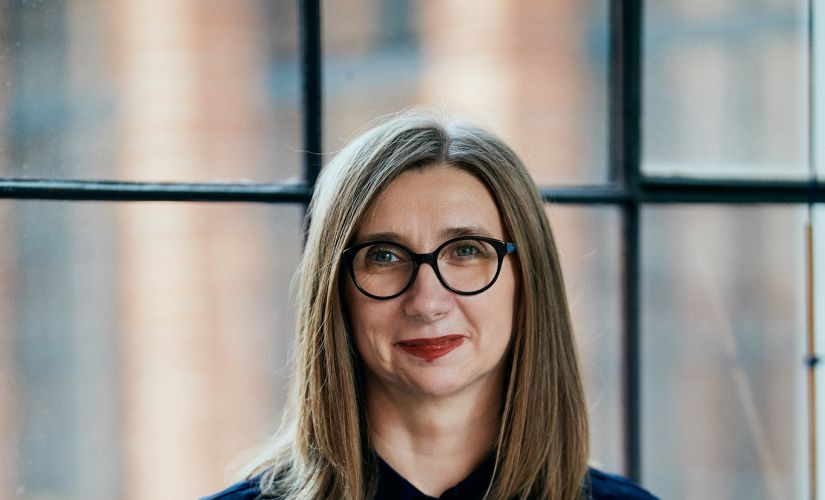You coordinate work in an area that may be associated with a humanities university.
At Lodz University of Technology, we understand that citizen science is a trend that is becoming noticeable among both researchers and the application requirements of a number of grant competitions. The democratization of science, inclusion and equality, and open access are now common practices. Citizen science can also be a tool enabling many innovations in the research we conduct. It allows us to break out of patterns and ways of thinking, to break out of the bubbles in which we operate within our disciplines and methodologies. It also provides a new perspective on our research and makes it closer to social needs.
How to understand Citizen Science?
Citizen science is part of open science, an umbrella term that applies to a wide range of activities engaging society in science. It was independently coined by Rick Bonney in the United States and Alan Irwin in the United Kingdom in the mid-1990s. Bonney believes that it is simply a strategy for building social scientific knowledge and trust, in which scientists and scientific institutions take the initiative to reveal the processes of scientific research to laypeople, while also arousing enthusiasm and support in them. He has particularly in mind educational activities aimed at increasing public understanding of science, as well as research projects engaging amateurs and volunteers in collecting and reporting data. Irwin, on the other hand, notes that the bottom-up construction of citizen science is policy-oriented and describes practices akin to the category of engagement aimed at emancipating the practice of science from its traditional institutional and professional environment. Examples include urban or environmental projects that respond to community needs and engage laypeople in conducting and managing research. While Bonney's vision is based on the assumed benefits of scientific knowledge itself, Irwin's vision is based on the emancipatory benefits of active societal contribution to directing scientific research programs. However, both visions draw attention to the complex relationships between science, public goods, social good, and societal participation. The question then arises: How much should society be involved in deciding what vision of social good should be realized?
Who makes up this team at Lodz University of Technology?
The transdisciplinary and interdepartmental citizen science research team consists of 16 researchers representing the Faculty of Biotechnology and Food Sciences, Faculty of Civil Engineering, Architecture and Environmental Engineering, Faculty of Chemistry, and Faculty of Organization and Management. The team includes doctoral students, assistant professors, and independent employees, i.e. researchers at all stages of their scientific careers.
What new opportunities does the ECIU membership provide?
Membership in ECIU enables networking, sharing ideas and best practices, getting to know researchers from other universities dealing with similar issues, but above all, it provides an opportunity to build research consortia based on distinct research areas. Thanks to ECIU, it is easier for us to obtain information about ways to obtain funding for scientific research. We can also apply for funding for some of our planned and implemented activities through small grants.
What has already been accomplished?
We participated in the ECIU conference in Barcelona in October 2023 and now we are going to the next one, to Kaunas in June 2024. Thanks to the contacts made in Barcelona, we are going for an internship to Dublin City University to the ADAPT CENTRE - an interdepartmental unit offering DCU researchers support in public consultations related to their research.
We have submitted an application for a grant under the IMPETUS accelerator call 2024 funded by the European Union's Horizon Europe Research and Innovation Programme, the application: Prof. Alicja Dorabialska - Impetus for Scientific Endeavour for Equality.
What are the plans for the future?
We plan to carry out joint research and public consultations, as well as engage "citizen researchers" in our activities. We are also thinking about submitting further grant applications. As part of the Interdisciplinary Doctoral School at Lodz University of Technology, a doctoral dissertation by Ms. Julia Lasota entitled "Citizen Development Movement as a Game Changer in Knowledge Management" is being prepared.
Interview conducted by Agnieszka Garcarek-Sikorska.

